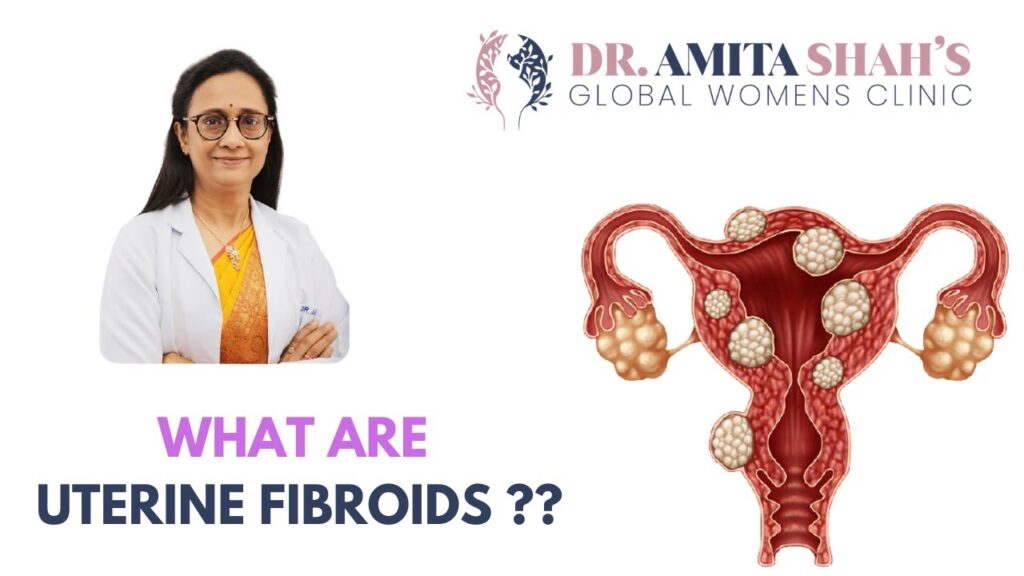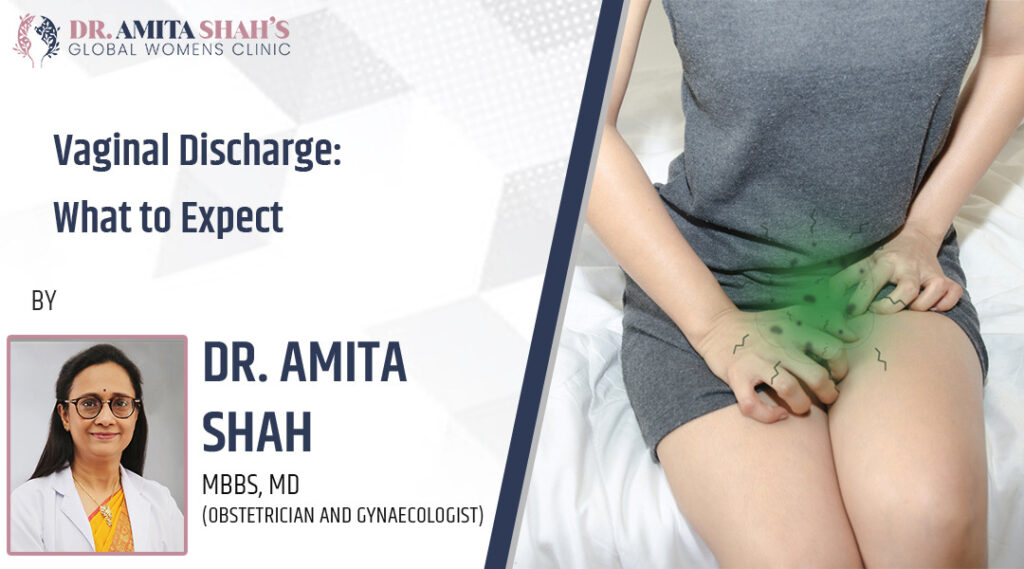An ectopic pregnancy is a type of pregnancy in which the fertilized egg implants itself outside the uterus, typically in the fallopian tubes. This is a serious condition that requires immediate medical attention as it can be life-threatening for the mother if left untreated.
In a normal pregnancy, the fertilized egg travels down the fallopian tube and into the uterus, where it implants itself into the lining of the uterus and begins to grow. In an ectopic pregnancy, the egg becomes stuck in the fallopian tube and begins to grow there instead. As the pregnancy progresses, the growing tissue can put pressure on the tube and cause it to rupture, which can lead to severe bleeding and even death.
Symptoms of ectopic pregnancy include abdominal pain, vaginal bleeding, and a tender or painful mass in the lower abdomen. In some cases, women may also experience dizziness or fainting due to blood loss.
Diagnosis of ectopic pregnancy typically involves a physical examination, blood tests to measure the levels of pregnancy hormones, and imaging tests such as ultrasound or CT scan to confirm the location of the pregnancy.
Treatment for ectopic pregnancy typically involves removing the ectopic pregnancy surgically. In some cases, this can be done with a minimally invasive procedure such as laparoscopy. In more severe cases, however, more extensive surgery may be required.
It’s important to remember that ectopic pregnancy is a serious condition that requires prompt medical attention. If you are experiencing symptoms of ectopic pregnancy, seek medical care immediately.
What Causes an Ectopic Pregnancy?
Several factors can contribute to the development of an ectopic pregnancy, including:
1) Damage to the fallopian tubes: Any damage to the fallopian tubes, such as scarring from previous infections, surgery, or a condition like endometriosis, can make it more difficult for the egg to travel down the tube and into the uterus. This can increase the risk of an ectopic pregnancy.
2) Pelvic Inflammatory Disease (PID): PID is an infection of the reproductive organs that can cause scarring and damage to the fallopian tubes. Women who have had PID are at higher risk of developing an ectopic pregnancy.
3) Previous ectopic pregnancy: Women who have had one ectopic pregnancy are at higher risk of having another.
4) Use of assisted reproductive technology (ART): Women who become pregnant through ART are at higher risk of ectopic pregnancy, possibly due to the use of instruments like catheters during the procedure.
5) Smoking: Smoking has been linked to an increased risk of ectopic pregnancy.
6) Age: Women over the age of 35 are at higher risk of ectopic pregnancy.
7) Use of the intrauterine device (IUD) for birth control: Women who use an IUD as a form of birth control are at slightly higher risk of ectopic pregnancy.
It’s important to note that many women who have an ectopic pregnancy have no known risk factors. The exact cause of an ectopic pregnancy is often unknown.
What Are The Symptoms Of An Ectopic Pregnancy?
The symptoms of an ectopic pregnancy can vary, but may include:
1) Abdominal pain: This is often the most common symptom of ectopic pregnancy and may feel like a sharp or crampy pain on one side of the lower abdomen.
2) Vaginal bleeding: Women with an ectopic pregnancy may experience vaginal bleeding, which may be light or heavy.
3) Shoulder pain: Shoulder pain may occur if blood from the ruptured ectopic pregnancy builds up in the abdominal cavity and irritates the diaphragm.
4) Dizziness or fainting: These symptoms may occur if the woman is experiencing significant blood loss from the ectopic pregnancy.
5) Nausea and vomiting: Some women may experience nausea and vomiting along with their other symptoms.
It’s important to note that some women with an ectopic pregnancy may not experience any symptoms, or may only have mild symptoms. This is why women need to seek medical attention if they suspect they may be pregnant, even if they don’t have any symptoms.
If you suspect that you may be experiencing an ectopic pregnancy, it’s important to seek medical attention immediately. An ectopic pregnancy can be life-threatening if not treated promptly, so it’s important to get a diagnosis and appropriate treatment as soon as possible.
Diagnosing An Ectopic Pregnancy :
Diagnosing an ectopic pregnancy typically involves a combination of the following tests and procedures:
1) Pelvic exam: Your healthcare provider will perform a pelvic exam to feel for any masses or tenderness in the pelvic area.
2) Pregnancy test: A pregnancy test will be done to confirm if you are pregnant.
3) Ultrasound: An ultrasound can help your healthcare provider determine if the pregnancy is inside the uterus or outside of it. If the pregnancy is located outside of the uterus, it is likely to be ectopic.
4) Blood tests: Blood tests can be used to measure levels of the pregnancy hormone, human chorionic gonadotropin (hCG), and to monitor for changes in hCG levels over time. Rising hCG levels can indicate a viable pregnancy while falling hCG levels can indicate a nonviable pregnancy or an ectopic pregnancy.
5) Laparoscopy: In some cases, a laparoscopy may be performed to confirm the diagnosis of an ectopic pregnancy. This is a surgical procedure in which a small incision is made near the navel and a laparoscope (a thin, flexible tube with a light and camera) is inserted to visualize the inside of the abdomen.
It’s important to receive a prompt and accurate diagnosis if you suspect you may have an ectopic pregnancy, as it can be life-threatening if not treated promptly. If you have any symptoms or risk factors for ectopic pregnancy, it’s important to speak with your gynaecologist as soon as possible.
































